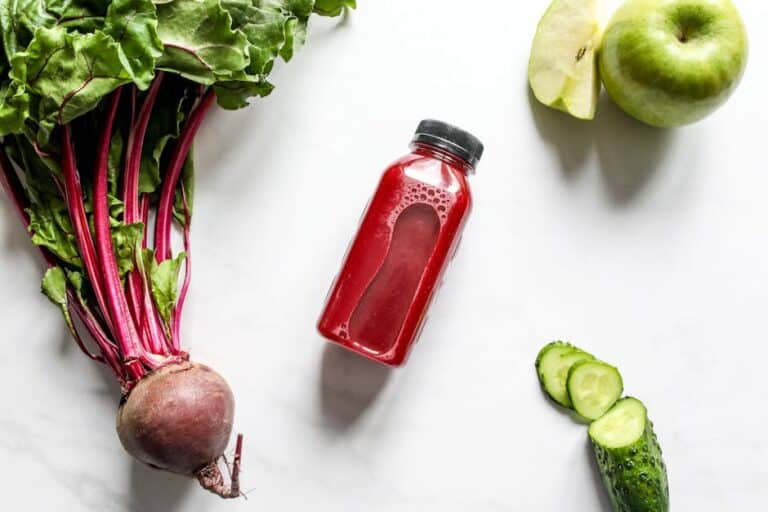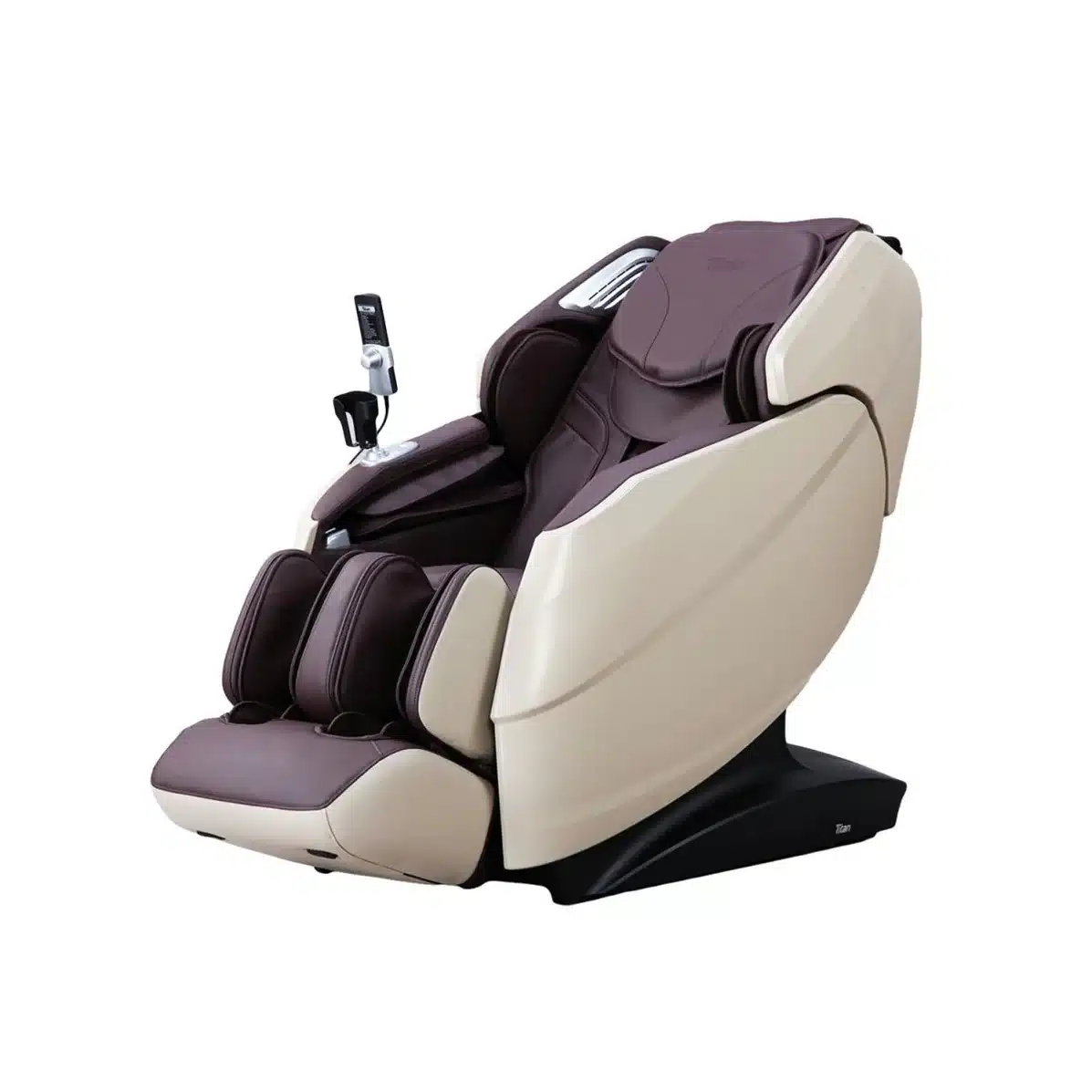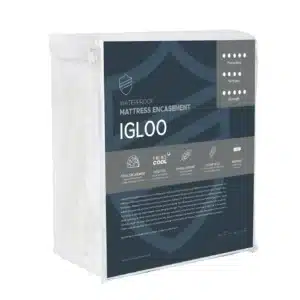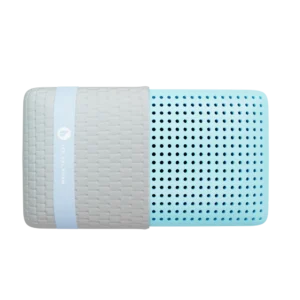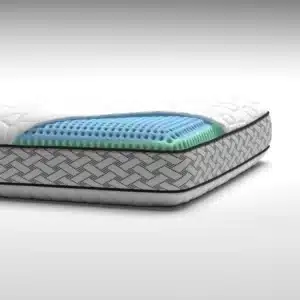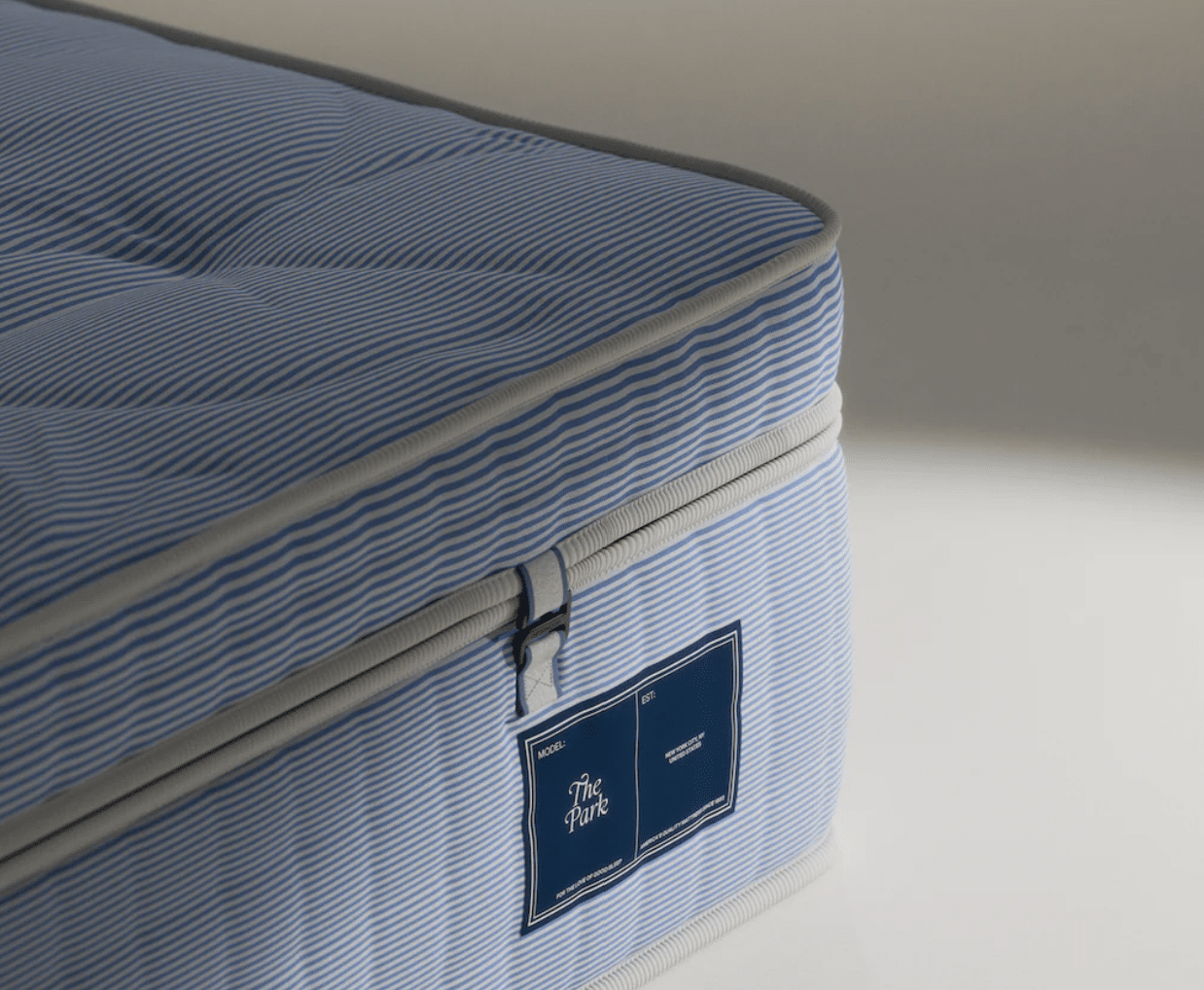Everything You Need to Know About Beet Juice and Sleep Benefits
Can Drinking Beet Juice Help You Sleep Better?
Beet juice has gained increasing recognition in recent years as a potential natural remedy for those struggling with sleep issues. If you’re asking yourself whether drinking beet juice could enhance your sleep, the answer is a resounding yes. This vibrant beverage may improve your sleep quality, and here’s why.
The Science Behind Beet Juice and Sleep
Beet juice is more than just a colorful drink; it is a powerhouse of nutrients, particularly nitrates. When consumed, these nitrates convert to nitric oxide, a molecule that plays a vital role in enhancing blood flow and oxygen delivery in your body. Improved circulation can lead to better overall health and more restful sleep.
For instance, a fascinating study conducted with patients suffering from Chronic Obstructive Pulmonary Disease (COPD) revealed that those who drank concentrated beet juice before bed experienced enhanced sleep quality. The research, spearheaded by Dr. Harald Engan, found that not only did participants enjoy longer sleep episodes, but their oxygen levels also increased during the night. This research underscores beet juice’s potential as a natural sleep aid by enhancing oxygenation and promoting healthier circulation.
Benefits of Beet Juice for Sleep Disorders
Beet juice appears to be particularly beneficial for individuals facing specific sleep disorders. Let’s explore how beet juice can make a difference for conditions such as sleep apnea and insomnia.
Sleep Apnea
Sleep apnea often leads to disrupted breathing during sleep, impairing the quality of rest. The nitrates in beet juice function as natural bronchodilators, helping to widen air passages and improve airflow. This enhancement can potentially lessen the frequency and severity of sleep apnea episodes, leading to a more restorative night’s sleep.
Insomnia
If falling asleep or maintaining sleep is a challenge for you, beet juice might provide the support you need. By enhancing oxygen levels and promoting better blood flow, beet juice can help regulate sleep patterns. This regulation may make it easier to achieve a restful slumber, particularly for individuals suffering from insomnia.
Respiratory Health
For those with respiratory issues, the positive effects of beet juice on blood flow and oxygen distribution can be especially beneficial. Improved oxygenation enables your body to function more efficiently during sleep, which can lead to significant improvements in overall sleep quality.
Incorporating beet juice into your nighttime routine could be the natural remedy you’ve been searching for to enhance your sleep. Always remember to consult with a healthcare professional to ensure that it fits seamlessly into your personal health regimen.
Nutritional Profile of Beet Juice
Beet juice is not just a visually appealing addition; it’s packed with essential nutrients that contribute to improved sleep. Here’s a breakdown of its key components:
How Nutrients in Beet Juice Aid Sleep
– Vitamin C: This powerful antioxidant plays a crucial role in immune health and reducing inflammation. It also aids the synthesis of neurotransmitters like serotonin, which are vital for regulating sleep patterns. A well-balanced sleep cycle enables you to fall asleep faster and enjoy deeper rest.
– Potassium: Found abundantly in beet juice, potassium is essential for maintaining heart health and proper muscle function. It helps regulate blood pressure, which contributes to a more restful sleep by preventing disturbances that might wake you.
– Fiber: While beet juice may have lower fiber content than whole beets, it still contains enough to promote digestive health. A well-functioning gut is linked to better sleep, as digestive issues can often lead to restless nights. Moreover, fiber helps stabilize blood sugar levels, preventing late-night energy spikes that may interfere with sleep.
Together, these nutrients work synergistically to enhance blood circulation and oxygen delivery in the body, creating an optimal environment for restful sleep. Including beet juice in your daily diet can harness these benefits, but it’s vital to maintain a balanced approach and consult a healthcare provider for any specific concerns.
Best Practices for Consuming Beet Juice
Morning vs. Night: Timing Your Intake
When should you drink beet juice for optimal sleep benefits? It hinges on your goals. If you’re aiming to regulate blood pressure, morning consumption is ideal. However, if improving sleep quality is your target, consider having it in the evening. Studies indicate that beet juice taken before bed can enhance sleep, particularly for individuals with respiratory conditions.
Dosage Recommendations
Generally, one glass (about 250 ml) of beet juice is sufficient to reap its benefits without overdoing it. If you’re new to this drink, starting with a smaller amount is advisable to gauge how your body reacts. Consuming excessive quantities can lead to unwanted side effects, especially for those with certain health conditions.
Precautions
– Kidney Stones: If you have a history of kidney stones, exercise caution. Beets are high in oxalates, which can contribute to stone formation. Always consult your doctor before making significant dietary changes.
– Diabetes: Beet juice can be high in sugars due to the juicing process, which leads to quicker absorption. Monitor your blood sugar levels and consult your healthcare provider for personalized guidance.
– Irritable Bowel Syndrome (IBS): For individuals with IBS, raw beet juice may trigger symptoms. Consider starting with a small amount or opting for cooked versions, which tend to be gentler on the digestive system.
Understanding these precautions allows you to enjoy beet juice’s benefits while minimizing risks.
Frequently Asked Questions about Beet Juice and Sleep
Is it good to drink beet juice before bed?
Absolutely! Drinking beet juice before bed can be beneficial, especially for those experiencing sleep disorders like sleep apnea or insomnia. The nitrates convert to nitric oxide, helping relax blood vessels and improve oxygen flow, ultimately enhancing sleep quality.
Is there a downside to drinking beet juice?
While beet juice offers numerous benefits, some potential downsides include its high oxalate content, which may affect those prone to kidney stones, and elevated sugar levels that could impact diabetics. Moderation is key, and always consult your doctor if you have existing health conditions.
Conclusion
In summary, beet juice can significantly enhance your sleep quality, thanks to its rich nitrate content that converts to nitric oxide, improving blood flow and oxygen delivery. These benefits are especially pronounced for individuals suffering from sleep disorders like sleep apnea. However, it is crucial to remember that beet juice should complement a holistic approach to health, including a balanced diet and healthy sleep habits.
Before making significant dietary changes, particularly if you have existing health issues, consult with a healthcare professional for tailored advice. Understanding your body’s needs and making informed choices will pave the way for improved sleep and overall well-being.
At Yawnder, we emphasize making informed choices concerning sleep and health. Our expertise in mattress and bedding reviews ensures you find the perfect sleep solutions for your needs. By adopting a comprehensive approach that includes proper diet, sleep environment, and lifestyle, you can enhance your well-being and enjoy a more restorative night’s sleep.


